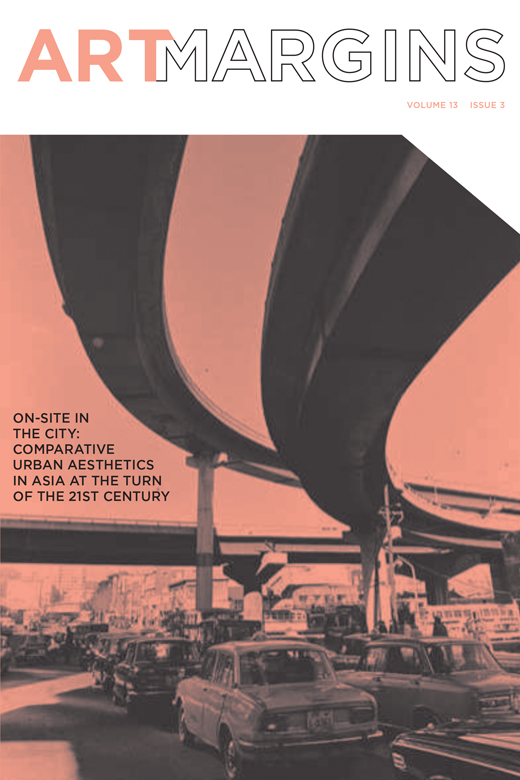Art History, Postcolonialism, and the Global Turn
When taken as a conglomerate, the postcolonial, the global, and the decolonial might signal a coordinated “decolonizing” action—one of breaking with the Eurocentric, patriarchal, and nationalist foundations of art history. Yet from a disaggregating perspective, these three terms and their respective domains cannot be seen as synonymous or entirely harmonious. What particularly demands scrutiny is the tendency to dismiss the postcolonial, or announce its demise, by claiming it has been superseded by other paradigms, namely the global and the decolonial. This introductory essay, and its accompanying special issue of ARTMargins, seeks to trace the postcolonial, global, and decolonial as they have intersected with scholarship in art history over the past five decades, and to challenge postcolonialism’s presumed obsolescence in the wake of the global turn. Postcolonial thought, we argue, has given rise to a generative series of critical interventions in art history at least since the 1970s and 1980s, and has proven to be nuanced and self-reflexive. Postcolonial lines of inquiry not only continue to offer ways of critically exploring colonial-era and subsequent artistic practices, but also allow for interrogations of formations of art and the discipline of art history as colonial forms of knowledge. As such, postcolonialism still vitalizes debates within the discipline regarding the constitution of its own objects, lineaments, and methods.
ARTMargins, Volume 12, Issue 2, pp. 3-17.
doi:10.1162/artm_e_00346
https://direct.mit.edu/artm/article/12/2/3/116478/Art-History-Postcolonialism-and-the-Global-Turn
Content for this article is available at MIT Press. It is available as: Full Access . Click here for more information.



